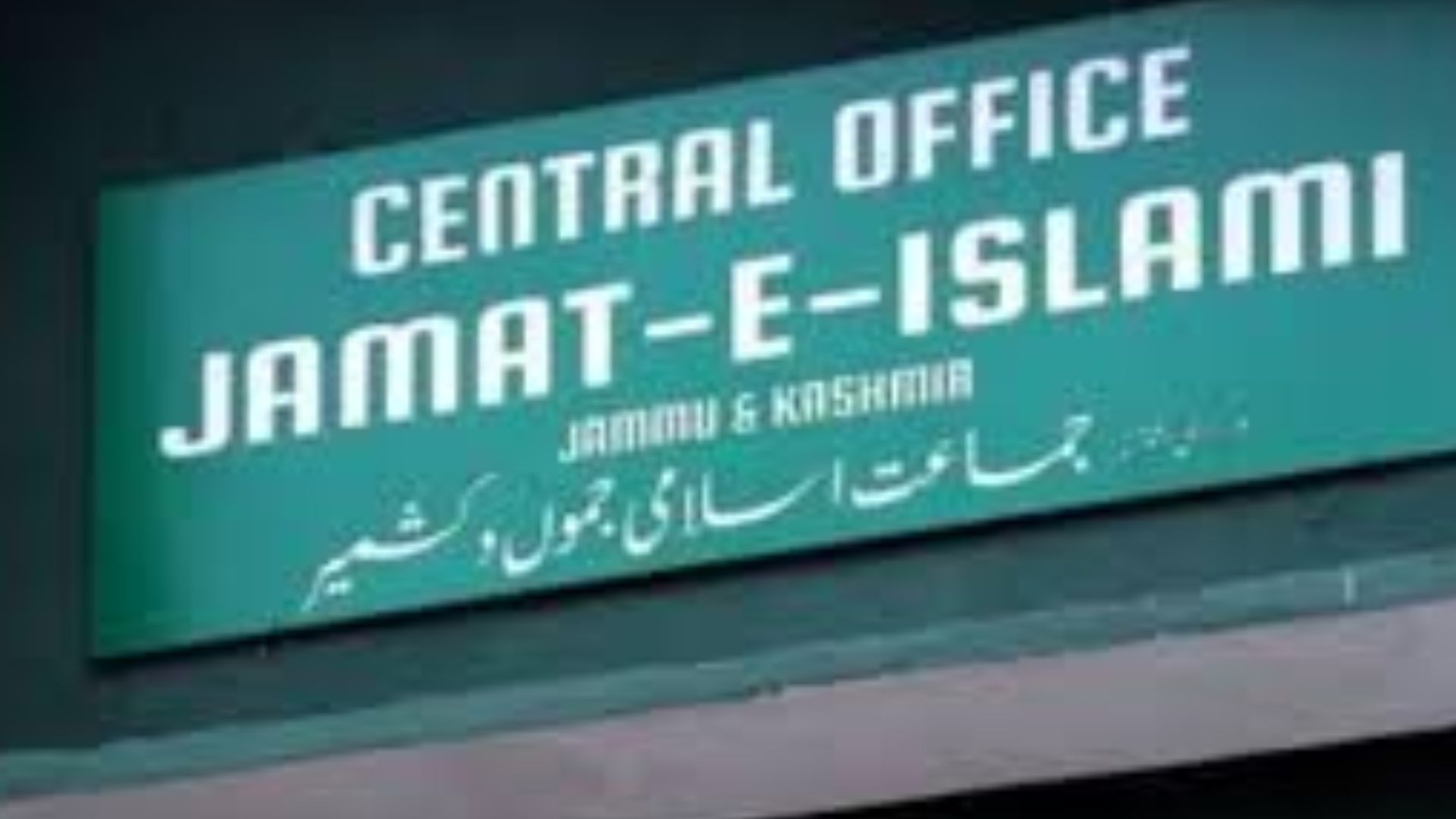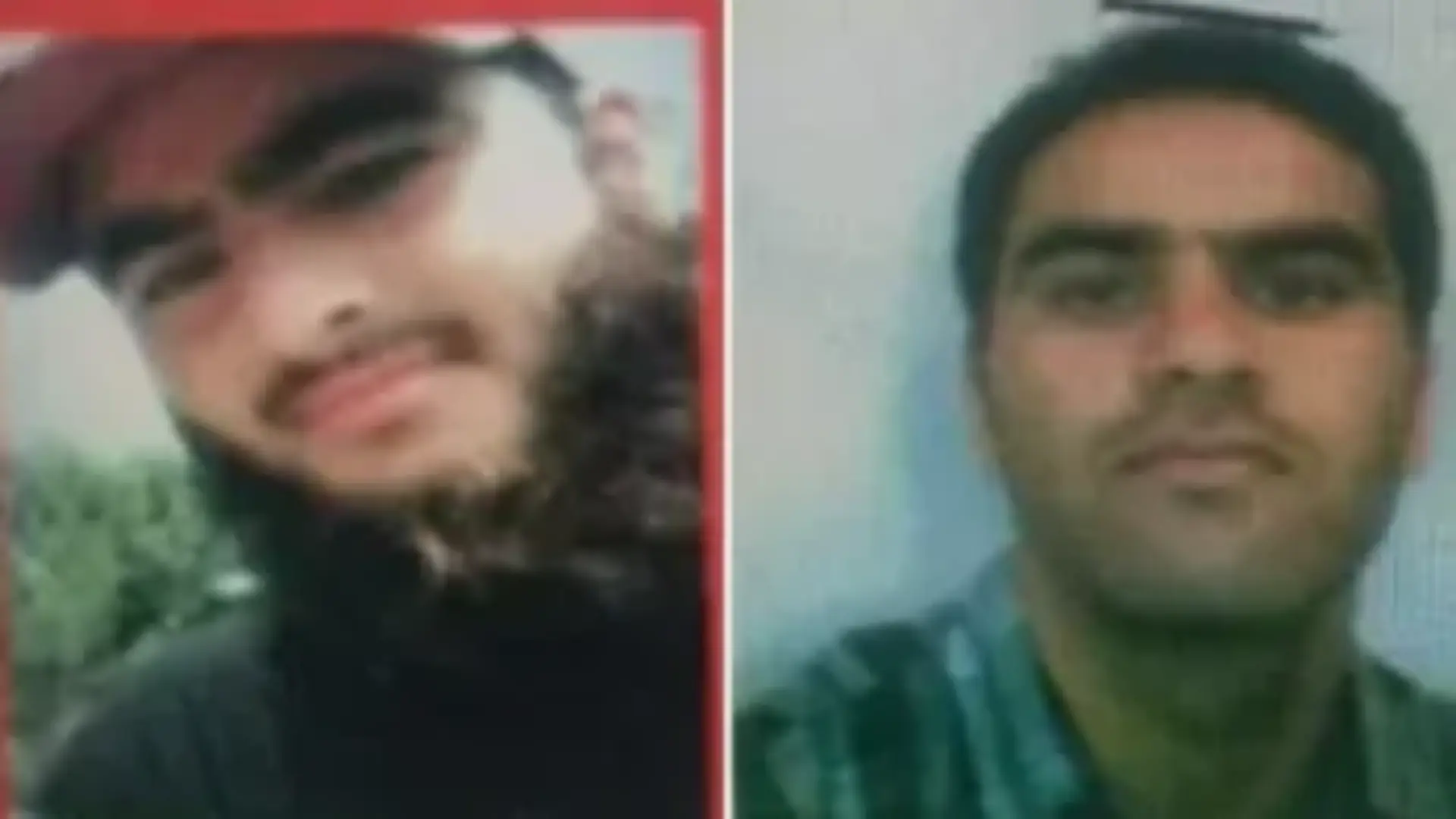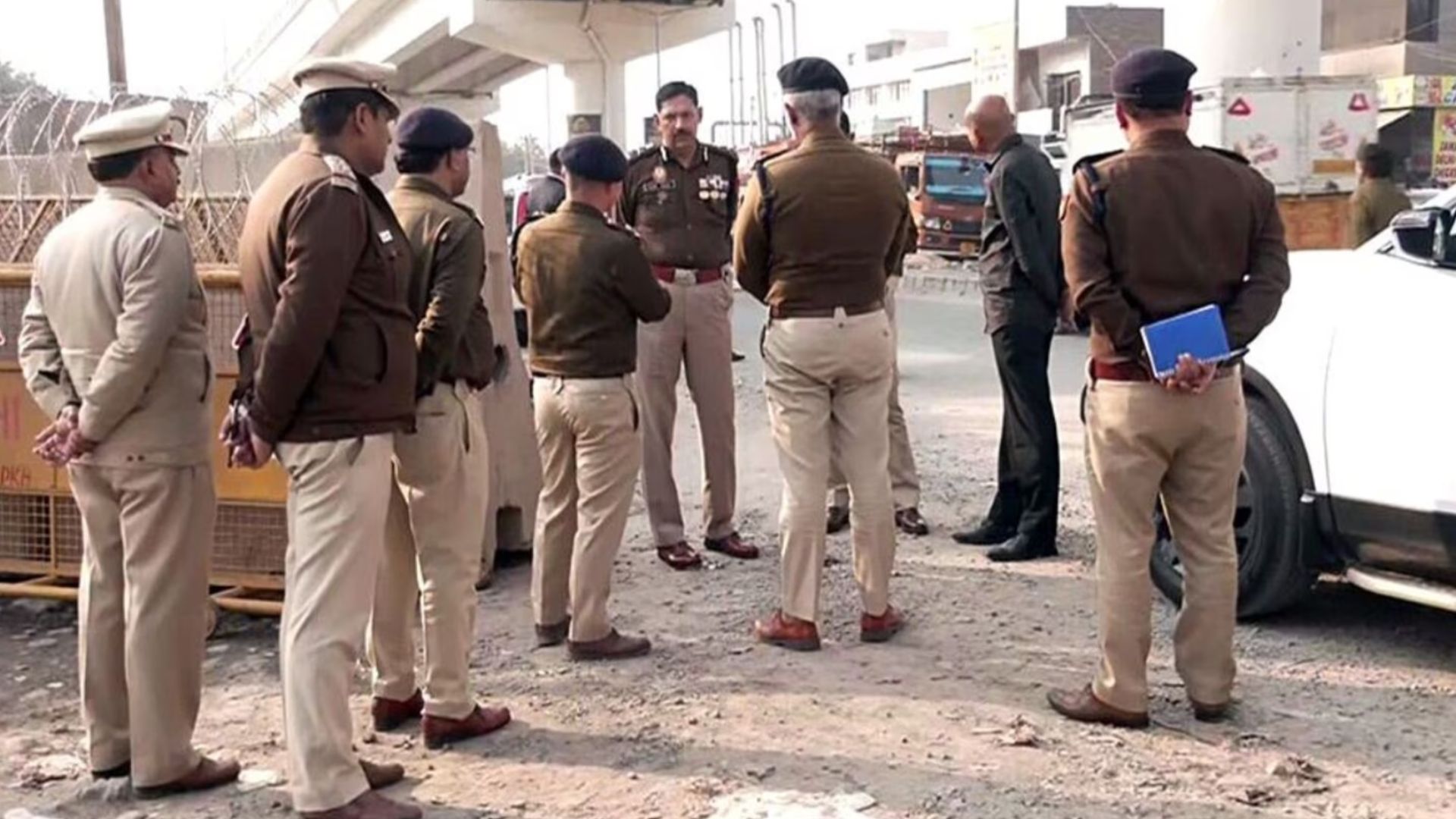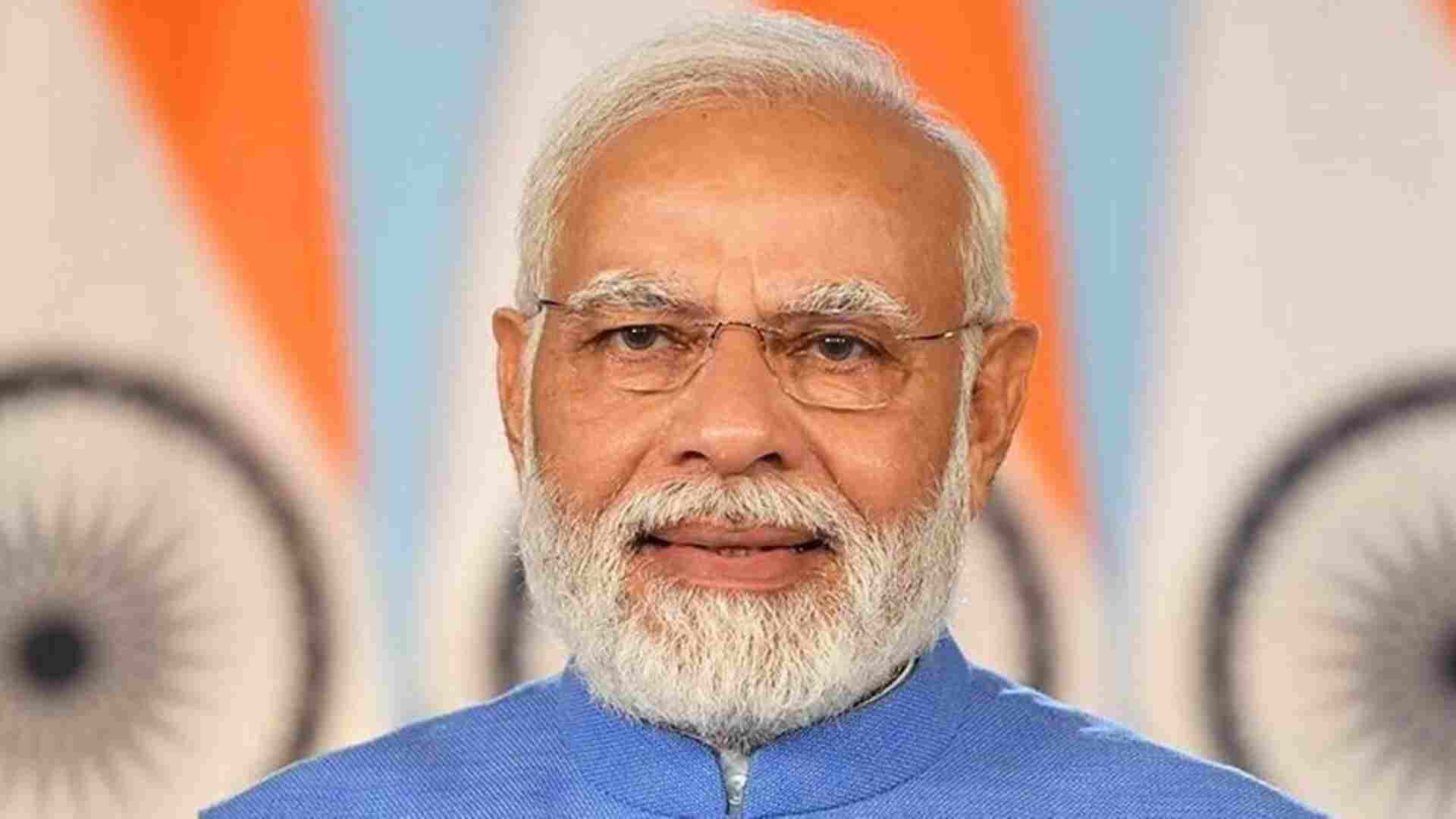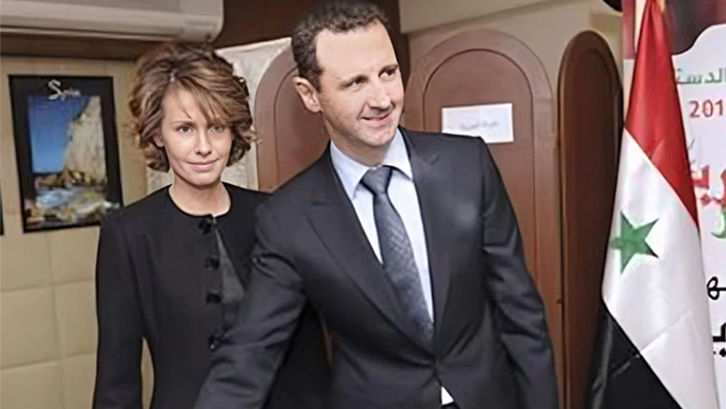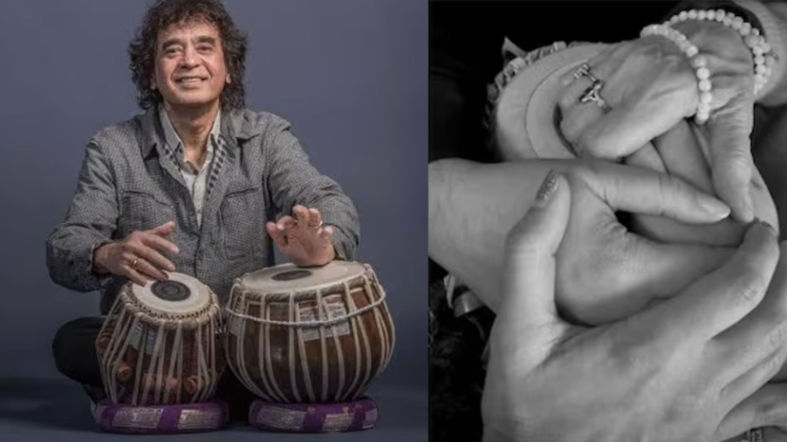In a significant development in the union territory of Jammu and Kashmir, top sources have revealed that the banned Jamaat-e-Islami will contest the upcoming Assembly elections on seven seats as independents. This move comes amid ongoing speculations about the political landscape in the region.
Sources disclosed that Jamaat-e-Islami had originally planned to contest 19 seats across Kashmir. However, after the union government maintained the ban on the organisation under the Unlawful Activities (Prevention) Act (UAPA) on Friday, the number has now been reduced to seven. Among these, key constituencies in the southern region of Kashmir and the Handwara and Sopore seats in North Kashmir are likely to be included.
Jamaat leaders had been awaiting the revocation of the ban imposed in February 2019 and reportedly engaged in several rounds of talks with the government. Despite their efforts, the ban remains in place, prompting the organisation to proceed with a more limited electoral strategy.
Insider sources revealed that a crucial meeting was held in Srinagar on Saturday, chaired by Ghuman Qadir Lone, General Secretary of Jamaat-e-Islami. During the meeting, it was decided that the organisation would field independent candidates in the Assembly elections, focusing on the seven finalised seats.
The decision marks a significant shift in the political strategy of Jamaat-e-Islami as they navigate the complexities of the region’s electoral dynamics under continued restrictions.

